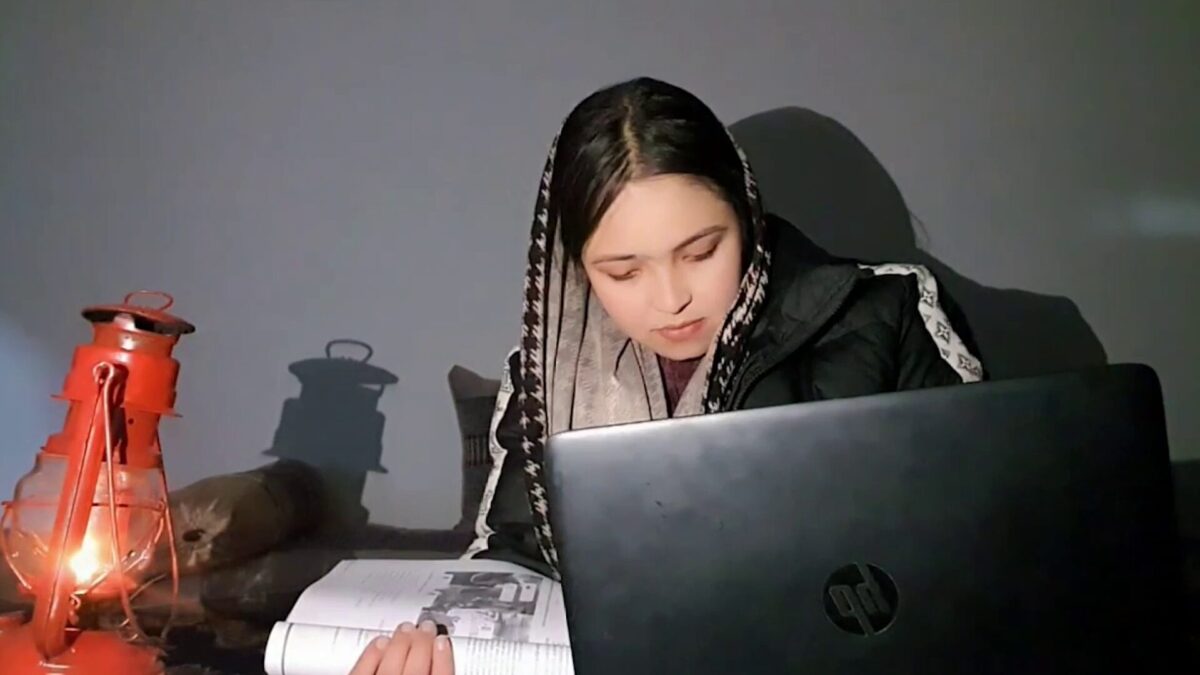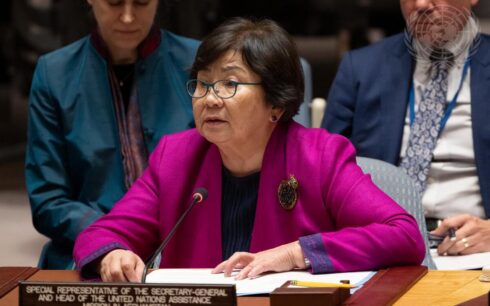KABUL, Afghanistan — Residents of Kabul are grappling with worsening power outages as freezing winter temperatures make daily life increasingly difficult. The reduced access to electricity — now limited to only a few hours a day — has further disrupted online education for girls barred from attending schools and universities under Taliban rule.
Homa Rajabi, a 19-year-old 11th-grade student, is among thousands of Afghan girls whose education has been halted since the Taliban returned to power. For three years, schools have remained closed to her, and her attempts to continue studying have faced repeated setbacks.
Initially, Homa turned to online learning as her only option, but persistent power outages have created yet another obstacle.
“As you know, there’s no in-person education for girls in Afghanistan anymore,” Homa said. “I can’t attend tutoring centers, schools, or universities because I’m a girl. Online classes were the only solution, but now frequent power cuts make it impossible to attend them on time.”
Daily life disrupted
Kabul residents also voiced frustration with the erratic electricity supply and its impact on their daily routines.
Arsalan, a Kabul resident, explained: “We only have electricity for three to four hours a day. It usually comes at night, between 1 a.m. and 4 a.m., when we can’t even make good use of it.”
The worsening outages have coincided with rising energy costs, compounding the challenges for households struggling to stay warm during the winter months.
Da Afghanistan Breshna Sherkat, the national electricity company, has said it is working to address the shortages. However, many residents remain skeptical, citing a lack of tangible improvements and expressing concerns over the reliability of electricity during the coldest months of the year.
The persistent outages, coupled with Afghanistan’s harsh winter, continue to underscore the challenges facing ordinary citizens, particularly those already marginalized by ongoing restrictions and economic hardships.





